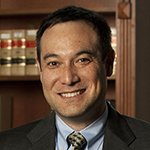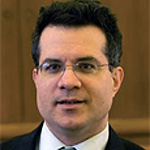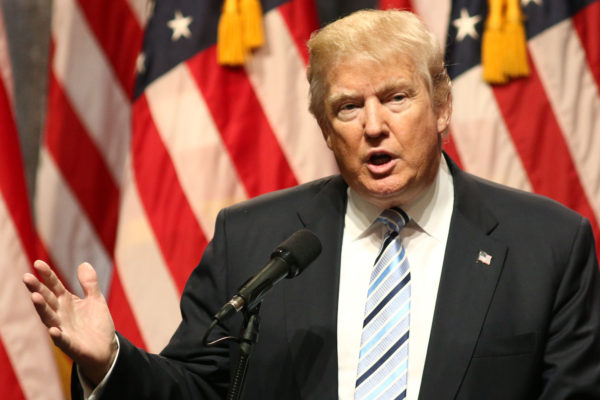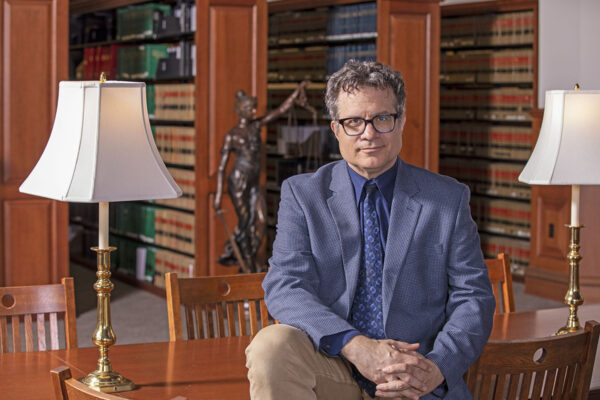A group of some of the country’s top scholars in First Amendment law recently gathered at Washington University in St. Louis to discuss pressing challenges being faced by the first of our Bill of Rights. Three issues rose to the top of the list for Washington University’s first amendment experts: free expression in a digital age; impaired political debate; and weakened rights of groups.
John Inazu, Greg Magarian and Neil Richards, professors of law at Washington University in St. Louis, comment:
John Inazu
Breakdown of the rights of expressive groups
“One of the most important recent issues is the Supreme Court’s unwillingness to recognize the distinctive rights of the First Amendment and the ways in which those rights complement and reinforce one another,” he says.

“In a troubling trend, the Court increasingly collapses the rights enumerated in the First Amendment into a framework that emphasizes the moment of expression to the detriment of the background contexts from which expression emerges.
“For example, the Court’s doctrine of expressive association focuses on whether groups further some other First Amendment purpose like speech or political or religious activity. Butmany associations exist for other than expressive purposes: dinner groups, bowling leagues, sororities, intramural spots teams, chess clubs. These groups may not appear to be explicitly ‘expressive,’ but they create a space where relationships foster, ideas form, and thoughts emerge.”
Gregory Magarian
Impaired political debate
“First Amendment law plays a large role in enabling robust public political discussion,” he says.
”In particular, expressive freedom can help to generate dynamic political change. Current First Amendment doctrine, however, has many features that flatten political debate and impair dynamic change.

“The Supreme Court’s campaign finance and government speech doctrines, for example, constrain participation in political discussions while narrowing the range of ideas that those discussions take into account. Meanwhile, the Court ignores important threats to political dissent, such as law enforcement crackdowns on political activists and suppression of speech by nominally private authorities. In an age when our political discourse has grown both more acrimonious and less informative, we sorely need for the Court to reconsider its priorities and revise some essential doctrines.”
Neil Richards
Free expression in a digital age
“Perhaps the most important issue in First Amendment law right now is how we understand free expression in a digital age,” Richards says.

“The rise of social media, blogs, and other forms of digital expression have coincided with a decline in traditional media, particularly in the economic viability of newspapers. At the same time, our reading habits and other intellectual activities are being tracked, monitored, and analyzed by advertisers and government agencies. The challenge for First Amendment law will be to ensure that our cherished rights of free expression survive the transition to digital form without sacrificing the important ability of citizens to speak, write, and communicate freely and sometimes anonymously without fear of government or social reprisals.”
First Amendment law at Washington University in St. Louis
Washington University School of Law is home to some of the country’s top specialists in First Amendment law. Under the leadership of Inazu, Magarian and Richards, Washington University plans to make the “Washington University First Amendment Roundtable” an annual event.


